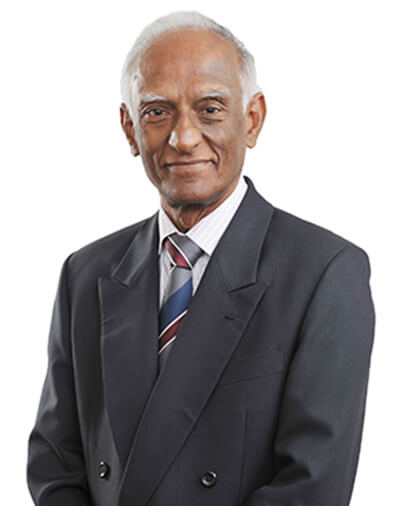As an umbrella term for a number of issues that affect the hearing process, individuals with Central Auditory Processing Disorder (CAPD) do have normal hearing levels, however, their brain is unable to process and audio information and make sense of what they're hearing.
CAPD can affect both adults and children, making it difficult for them to understand language due to certain levels of auditory signal distortion. Certain key characteristics of CAPD in children are their inability to distinguish speech from noisy environments cearly, finding it difficult to follow directions and conversations, poor decoding skills, distraction as well as learning difficulties.
Causes
Thought not completely known, it is understood that CAPD can develop due to an abnormal processing ability of auditory information by the brain. This leads to delayed development of the central auditory system. Sometimes, certain developmental abnormalities have also been linked to CAPD like Attention Deficit Hyperactivity Disorder (ADHD), Autism Spectrum Disorder (ASD), Dyslexia as well as language impairments.
Some evidence also suggests that children with neurological disorders, head trauma and chronic ear infections can suffer from CAPD.
Symptoms
CAPD can display several forms of signs and symptoms, all ranging from mild to severe. These might include:
- Delayed speech and language development
- Difficulty concentrating and understanding fast or unclear speech
- Difficulty responding to questions
- Distraction and inattentiveness
- Frequently asking for information to be repeated
- Poor listening abilities
- Poor performance in big groups
- Poor self-esteem and anxiety
- Reading, writing and spelling difficulties
- Sensitivity to loud sounds
- Trouble determining the source of a sound
- Trouble differentiating sounds
- Trouble listening and understanding speech in noisy environments
- Trouble remembering information that was heard
Treatment
Although no cure for CAPD is present, Gleneagles Hospitals strives to provide different treatment options solely aimed to improving this condition in all of our patients. A speech therapist can evaluate the condition and recommend the appropriate treatment depending on the severity of your disorder.
Treatment may include:
- Individual speech therapy sessions that aim to encourage and train auditory processing pathways
- Intervention to help manipulate a child's academic and learning environments, and these include:
- Assigning seats away from windows and other distractions
- Assigning seats close to teachers in the classroom
- Reducing background noise whenever possible
- Using hearing aids to amplify speech signals and supply them directly to the student’s ears
- Using visual aids such as handouts and diagrams to assist the child in following the lesson













